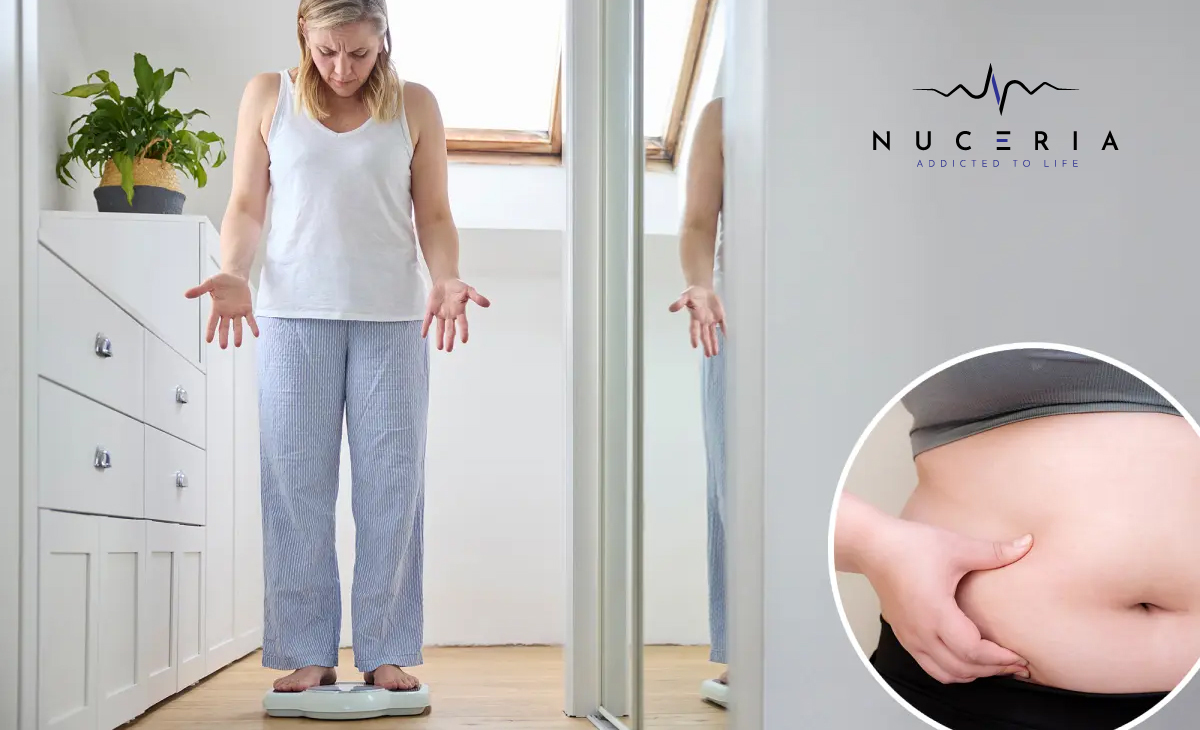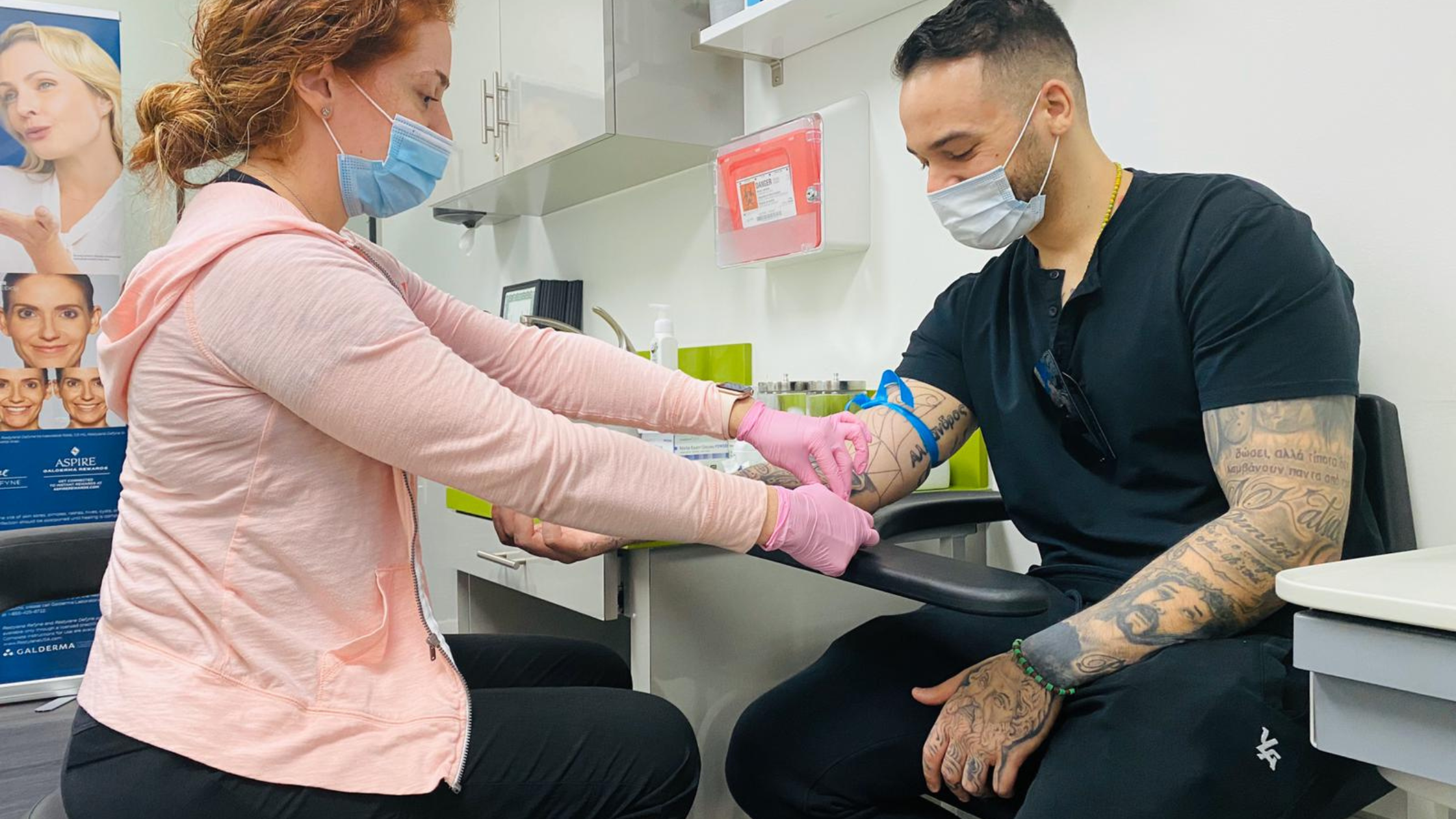Hormone Replacement Therapy After a Hysterectomy
Hysterectomy is a common surgery that involves the surgical removal of a woman’s uterus. Depending on the reason for the operation, a surgeon may decide to remove only a part or all of the uterus. After this surgery, if both ovaries were also removed, a woman will enter menopause. During menopause, the body will cease to produce estrogen. In this case, hormone replacement therapy may be needed. If you are thinking about having a hysterectomy, read on to learn why hormone replacement therapy may be recommended.
Hysterectomy and HRT
Hormone replacement therapy, or HRT, is used to treat menopausal symptoms. It works by replacing particular hormones the body has stopped producing with medication that manages to mimic the hormone. The type of HRT suited for a patient depends on a variety of factors including whether or not a woman has had a hysterectomy. For women who have received hysterectomies, HRT can be used to replace estrogen, which is the main female sex hormone.
HRT after a hysterectomy
Estrogen is the main ingredient of all forms of HRT. Estrogen manages to prevent vaginal symptoms, relieve hot flashes and maintain bone strength. The ideal HRT for women who have had a total hysterectomy is estrogen alone. A total hysterectomy involves the removal of all of the uterus together with the cervix.
Estrogen and progestogen can be recommended for a patient who has had a partial hysterectomy. With a partial hysterectomy, the upper part of the uterus is removed while the cervix is left intact. Some endometrium, which is the uterine lining, may still remain, therefore progestogen may be needed with the estrogen. Estrogen on its own when not balanced by progestogen may stimulate the growth of the uterus lining, which can increase the risk of uterine cancer. Progestogen is often prescribed to help counteract the effects of estrogen, protect the uterus lining and minimize the risk of a woman developing cancer. This type of HRT that involves talking both of these hormones is referred to as combined HRT.
Types of HRT
Estrogen comes in various forms. The benefits of hormone therapy depend on several factors including whether a patient is taking low-dose vaginal preparations of estrogen or systemic hormone therapy. Systemic estrogen comes in gel, pill, spray, cream or skin patch form. It is one of the most effective treatments for the relief of symptoms associated with menopause such as night sweats and hot flashes. It can also help ease vaginal symptoms such as burning, itching, dryness and discomfort with intercourse.
Low-dose vaginal preparations of estrogen come in ring, cream or tablet form. This preparation can be used to treat vaginal symptoms. It is also recommended for particular urinary symptoms. However, it does not help deal with night sweats or hot flashes.
Contact your doctor
There are many things you should take into account before deciding whether or not to take hormone replacement therapy. It is always advisable to contact your doctor to help you make the right decision. Your doctor can help you determine if you need HRT and the type of HRT that is suitable for your specific case. If you want to learn more about HRT after a hysterectomy, contact your doctor as soon as possible.
Request an appointment here: https://mynuceria.com or call Nuceria Health at (305) 398-4370 for an appointment in our Miami office.
Check out what others are saying about our services on Yelp: Wellness Center in Miami, FL.







